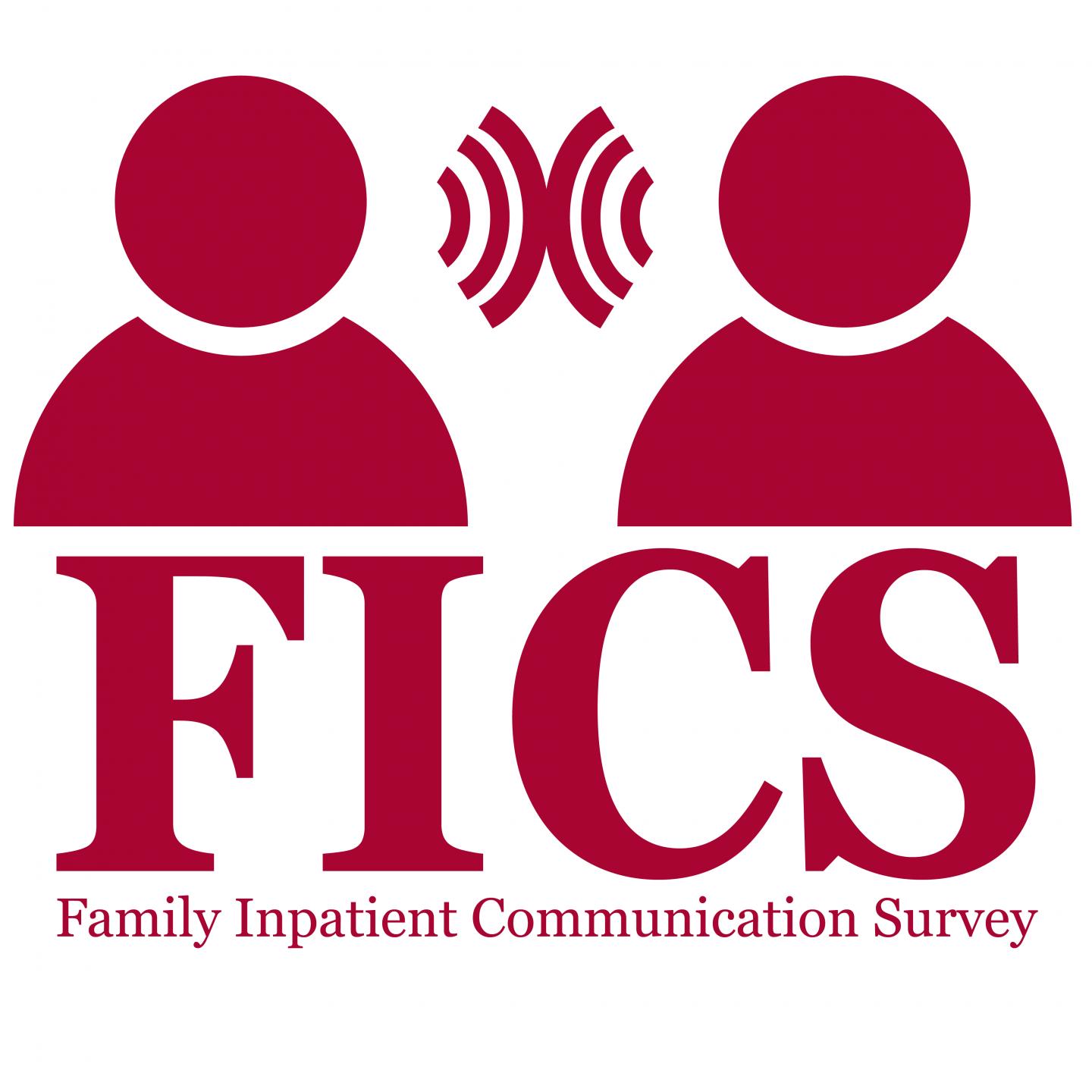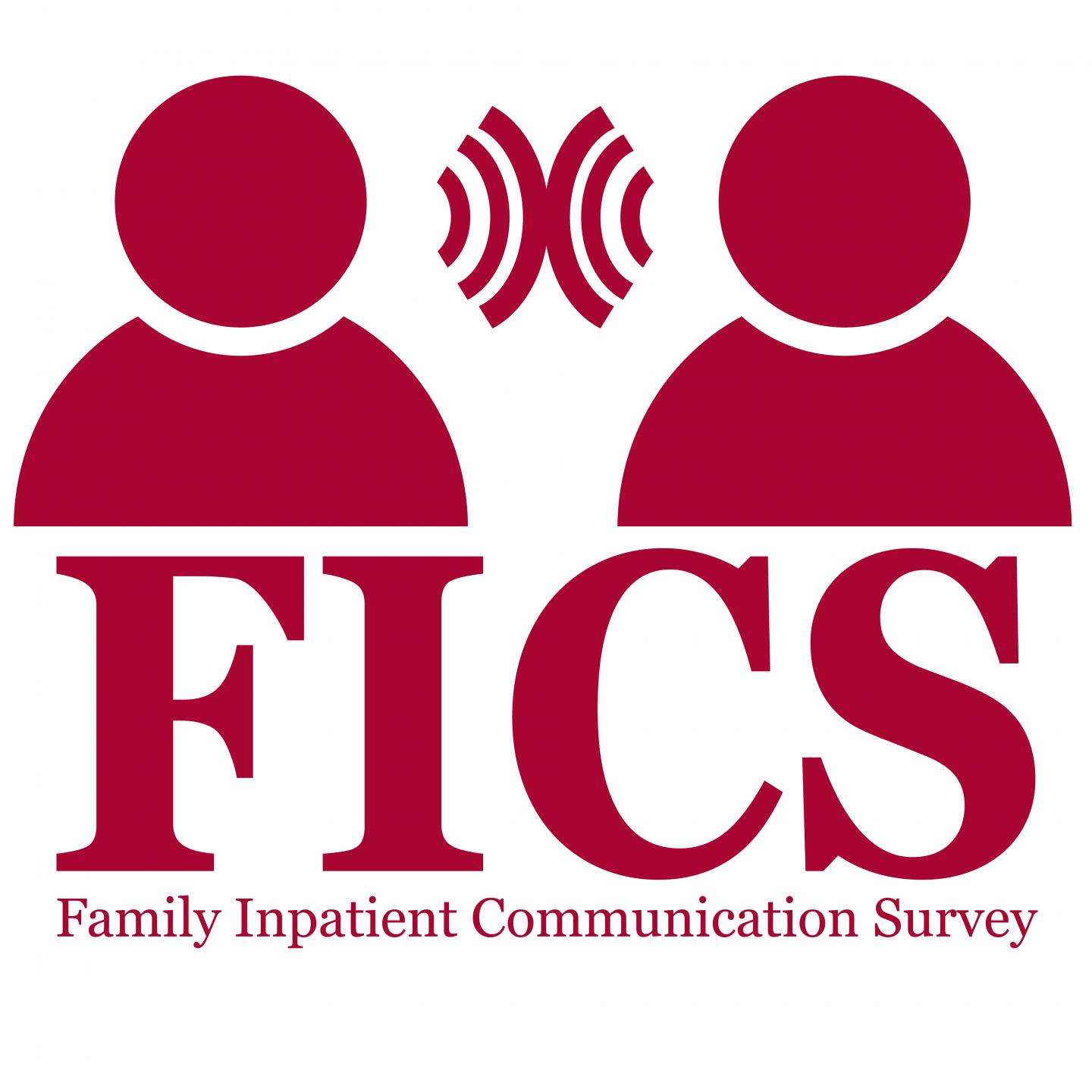
Credit: Indiana University Center for Aging Research
INDIANAPOLIS — More than 13 million older adults are admitted to hospitals annually in the United States. Nearly a quarter need to have all decisions made for them by a family member, and almost half need help from family to make some decisions. Clinician-researchers from the Indiana University Center for Aging Research and the Regenstrief Institute have developed a tool to measure the communication experiences of family members of hospitalized patients.
"Good, timely communication with family members is essential for good decision-making, and difficulty in communication adds stress to an already stressful situation," said IU Center for Aging Research and Regenstrief Institute scientist Alexia Torke, MD, an expert on surrogate decision-making, who led the development and validation of the new tool. "Our survey tool is unique in that it measures communication in all settings of the hospital and accounts for the fact that family members often encounter multiple clinicians during the patient's hospital stay."
"Patients exist in the context of their family, yet in the hospital setting, surrogate decision-makers and other family members too often are disregarded. But they should be part of the health care team and process — part of whole patient care. Medical teams and entire health care systems need to increasingly value communication with family members as they pursue quality of care goals." Dr. Torke also holds appointments with IU School of Medicine, the IU Health Charles Warren Fairbanks Center for Medical Ethics and the Daniel F. Evans Center for Spiritual and Religious Values in Healthcare.
A new study published online ahead of print in the Journal of Pain and Symptom Management has validated and confirmed the reliability of the Family Inpatient Communication Survey.
The easy to administer, practical IU Center for Aging Research tool comprises 30 questions that probe the communication experiences of family members of hospitalized patients. The survey focuses on two dimensions of communication by the medical staff–conveyance of information and emotional support.
Dr. Torke and colleagues were aware from their previous work that family members desire frequent updates from the medical team. So the survey tool asks family members to indicate if they believed that hospital staff members communicated with them as often as they would have liked. The survey asks if family members had to struggle to acquire information from the staff. It also queries whether they felt they had received adequate emotional support from the hospital staff.
In the validation and reliability study, conducted with 350 family members of IU Health Methodist Hospital, IU Health West Hospital and Eskenazi Health inpatients, the vast majority of family members reported good communication experiences. Approximately 83 percent indicated that hospital staff members adequately communicated with family members and 93 percent indicated that they felt that the hospital listed to them. Only six percent desired more emotional support than they received.
"These positive responses indicate that most family members are very satisfied with communication, but the survey does allow us to identify individuals who have had a bad experience," said Dr. Torke. "In the future, the survey can help us target interventions to improve communication in the hospital."
The survey, which for this study was conducted via phone interviews by research assistants, took about five minutes for each family member to complete.
###
In addition to Dr. Torke, authors of "Validation of the Family Inpatient Communication Survey" are Patrick Monahan, PhD, of the IU School of Medicine; Christopher M. Callahan of the IU Center for Aging Research, Regenstrief Institute and IU School of Medicine; Paul R. Helft, MD, of IU Health and the IU Health Melvin and Bren Simon Cancer Center; Greg A. Sachs, IU Center for Aging Research, Regenstrief Institute and IU School of Medicine; Lucia D. Wocial, PhD, RN, of IU Health; James E. Slaven, MS, of IU School of Medicine; Kianna Montz, MA, Lev Inger, BS and Emily Burke, BS, of the IU Center for Aging Research and Regenstrief Institute.
The development of the study was funded by the Research in Palliative and End-of-Life Communication and Training (RESPECT) Center of Indiana University-Purdue University Indianapolis and the National Institute on Aging (R01 AG044408).
The survey is downloadable from the IU Center for Aging Research website, which also contains licensing information.
Media Contact
Cindy Fox Aisen
[email protected]
@IndianaResearch
http://newsinfo.iu.edu





